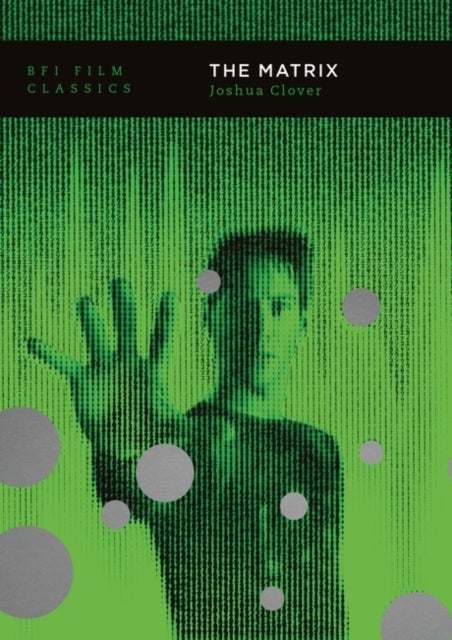
The Matrix av Joshua (University of California Davis USA) Clover
199,-
<i>The Matrix</i> (1999), directed by the Wachowski sisters and produced by Joel Silver, was a true end-of-the-millennium movie, a statement of the American zeitgeist, and, as the original film in a blockbusting franchise, a prognosis for the future of big-budget Hollywood film-making. Starring Keanu Reeves as Neo, a computer programmer transformed into a messianic freedom fighter, <i>The Matrix</i> blends science fiction with conspiracy thriller conventions and outlandish martial arts created with groundbreaking digital techniques. A box-office triumph, the film was no populist confection: its blatant allusions to highbrow contemporary philosophy added to its appeal as a mystery to be decoded. In this compelling study, Joshua Clover undertakes the task of decoding the film. Examining <i>The Matrix</i>''s digital effects and how they were achieved, he shows how the film represents a melding of cinema and video games (the greatest commercial threat to have faced Hollywood since the adve








